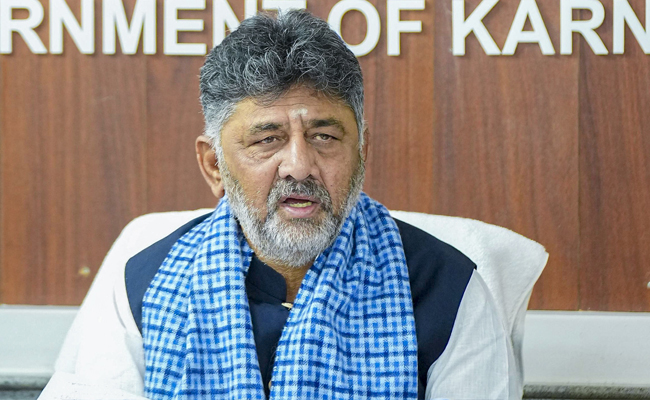Bengaluru, Sep 4: Over 100 film professionals on Wednesday urged the Karnataka government to appoint a committee led by a retired judge to address the sexual harassment issue in the Kannada film industry.
In a letter addressed to Karnataka Chief Minister Siddaramaiah, sent on behalf of Film Industry for Rights & Equality (FIRE), 153 film professionals, including actors Kiccha Sudeep and Ramya, demanded the government to "conduct a thorough investigation into the systematic issues faced by women in KFI, including sexual harassment".
The letter, dated September 4, comes in the wake of the Justice K Hema Committee report that is taking the Malayalam film industry by storm with many survivors coming forward to name the preparators.
FIRE, led by film director, screenwriter and lyricist Kavita Lankesh, has been pushing for reform in the Kannada film industry following the #metoo wave as well.
ALSO READ; Renukaswamy murder case accused asks Karnataka HC bench not to shift him to Hindalaga jail
FIRE also urged the government to "develop and recommend policies to ensure a healthy and equitable work environment for all women in the industry."
It wanted a retired judge of the High Court or Supreme Court "who has demonstrated a strong commitment to gender justice over her/his years of service be appointed to head the committee."
Incidentally, FIRE has been instrumental in establishing India’s first-ever film industry Internal Complaints Committee (ICC), advocating for survivors of sexual harassment.
"We recognise that more comprehensive measures are needed to create a safe and equitable working environment for all women in the industry," said the letter.
Despite many attempts to reach Lankesh over the phone, she was unavailable for comment.
Let the Truth be known. If you read VB and like VB, please be a VB Supporter and Help us deliver the Truth to one and all.
Pilibhit (UP) (PTI): Two men were killed in a head-on collision between their motorcycles in Uttar Pradesh's Pilibhit district on Wednesday, police said.
The incident occurred near Gauhaniya village on the Bisalpur-Bilsanda road. According to police, the two men were returning home after celebrating Holi at their in-laws' houses.
They were riding at high speed when their motorcycles collided head-on near Gauhaniya village, an eyewitness said. Both sustained severe head injuries and died on the spot.
One of the deceased was identified as Surendra Kumar (26). He was returning from his in-laws' house in Ganguapur village.
The other victim, Dhanpal (25), was a resident of Badhela Badagaon village in neighbouring Shahjahanpur district. He was returning from his in-laws' house in Vakainiya village in the Bilsanda area.
Bilsanda Station House Officer Siddhant Sharma confirmed the incident and said both damaged motorcycles have been seized. "A detailed investigation is underway. Traffic on the road has been restored," he said.
Police identified the victims through documents found on them and informed their families. The bodies have been sent to the district headquarters for post-mortem.
In a separate incident, a 60-year-old woman was killed after being hit by an unidentified vehicle on the Bareilly-Pilibhit highway under Jahanabad police station limits late on Tuesday night.
Jahanabad Station House Officer Pradeep Bishnoi said the deceased was identified as Ramkali, aged around 60, a resident of Balpur village. She was reportedly mentally unwell and often wandered away from home.





